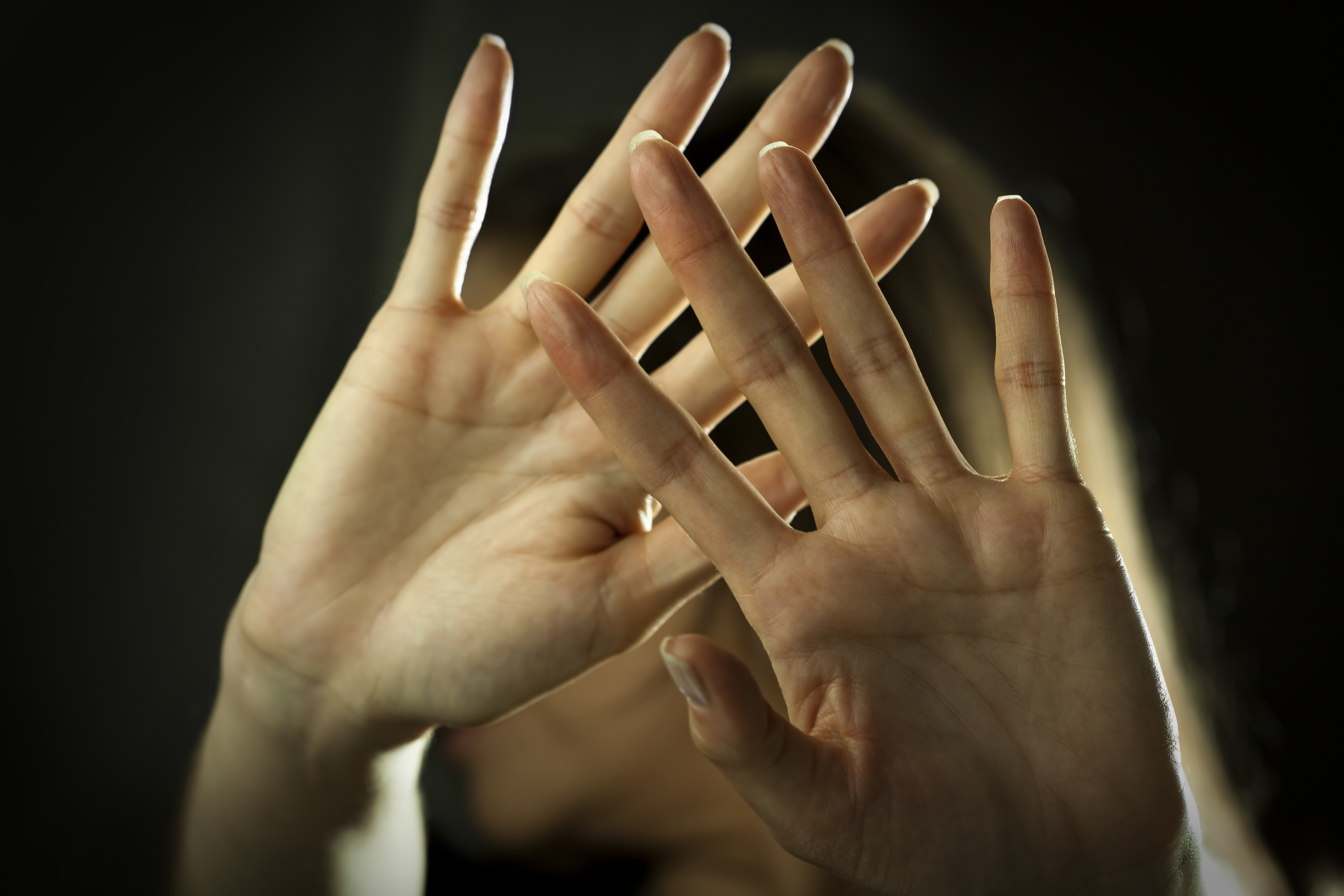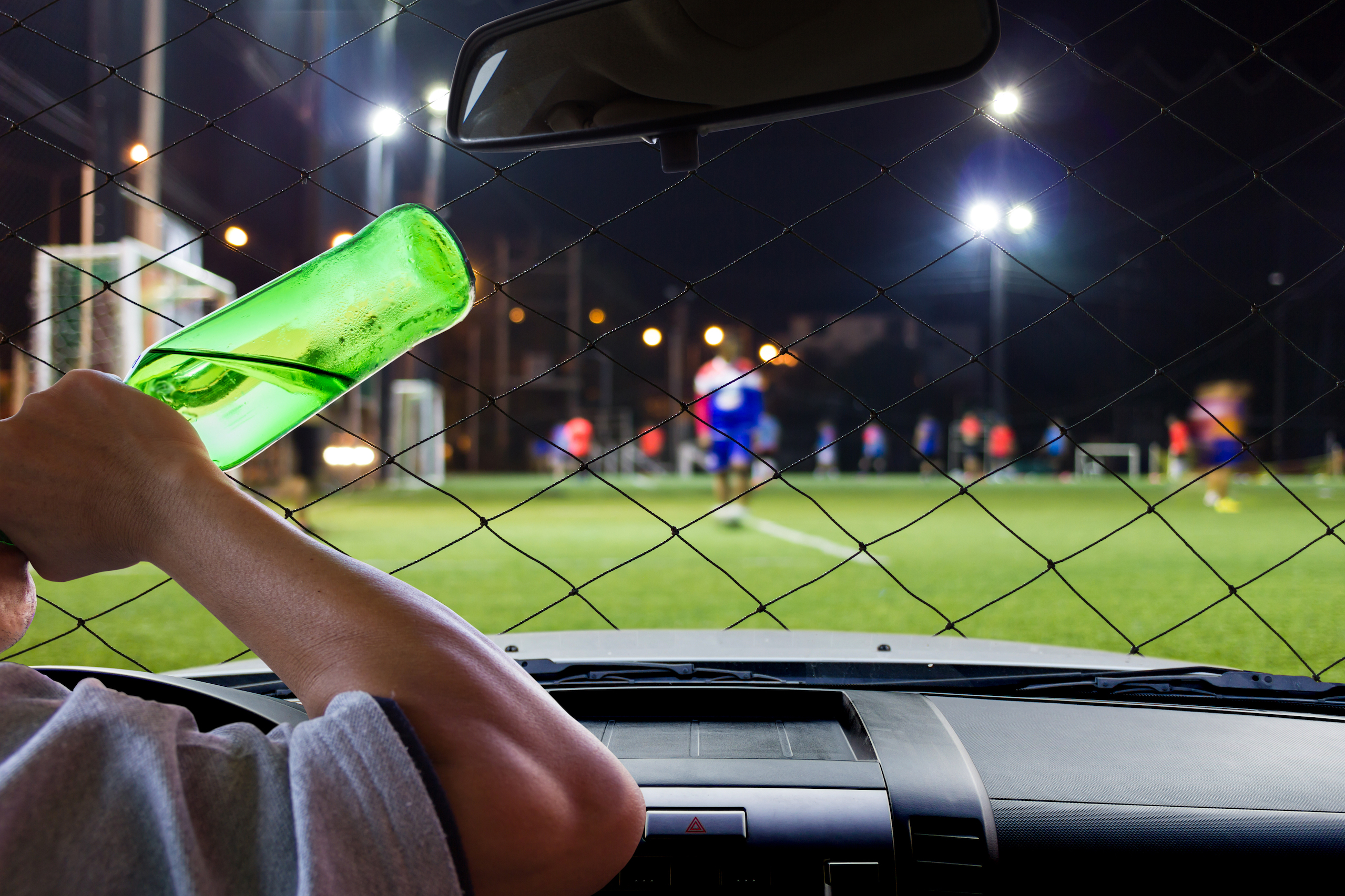
Health & Medicine
Making the link between family violence and animal abuse

Research shows that instances of domestic violence can spike during big sporting events, and we all need to be more than spectators and call out violent behaviour
Published 27 September 2018
This weekend is one of the biggest weekends on Australia’s sporting calendar with the grand finals of both the Australian Football League (AFL) and National Rugby League (NRL) to be played.
Last year these finals attract a TV audience of more than 6.9 million. But as we head into what should be a wonderful spectacle of sport, there is a group of women and children who will be experiencing intense anxiety and nervousness across the long weekend – not because of what is happening on the field but rather because of the events that occur off the field.
They won’t be watching the TV and attending BBQs with excitement and light-hearted good humour. They will be feeling fear in anticipation of assault.

While major events like these bring us together to celebrate our Nation’s great sporting culture, there is growing evidence that big sporting events can be a time of increased risk for women and children because of men’s use of violence.
Just ahead of Saturday’s AFL Grand Final, Victoria Police Chief Commissioner Graham Ashton warned that police are braced for a 20 per cent increase in family violence incidents after the game.
According to research by La Trobe University’s Centre for Alcohol Policy Research, domestic assaults increased by more than 40 per cent in New South Wales during the nights that the NRL State of Origin games were played compared to non-Origin nights.

Health & Medicine
Making the link between family violence and animal abuse
Similarly, a report by VicHealth in 2011 highlighted the increase in incidents of family violence in and around major sporting events such as the AFL Grand Final, the Melbourne Cup and the Australian Formula One Grand Prix.
Alcohol is almost synonymous with sporting events and Australian culture more widely, and seems to afford some men and their mates an ‘accountability free’ area where they believe their violent and abusive behaviour will be excused.
The ubiquitous nature of gambling in sport has also severely tested family relationships; creating stress, a fertile ground for family breakdown and the use of violence.
But let’s be very clear, the consumption of alcohol and problem gambling doesn’t cause men’s violence, though they can be contributing factors to the incidents of family violence.

In 2015, the Government-backed domestic violence prevention organisation, Our Watch launched its ‘Sports Engagement Program’.
As part of this initiative, athletes are lending their voice in the prevention of violence against women using the tag line: ‘be more than a spectator’.
The important role of the bystander in the prevention of violence is being increasingly highlighted in research. It is argued that positive bystander interventions can have a significant impact on the prevalence of violence against women.

Environment
No safe place to stay
An active bystander will intervene when they witness an undesired social situation rather than dismiss or minimise a person’s actions, which can so often happen.
But the bystander role isn’t without its complications.
Often, we can be unsure of how to approach intervening in difficult social situations for a variety of reasons like not wanting to standing out from others and not wanting to escalate the situation further. But we need to recognise that if we don’t take on the active bystander role, we may become complicit to the violence.
Taking action may involve helping others to move to safety, or diverting and distracting from the triggers for violence where that is possible. The idea that we need to be more than a spectator is a timely reminder going into this weekend.
Any one of us may recognise the build up to a violent or abusive incident, or we might actually witness abusive incidents directed against women and children while attending events to watch either grand final.
It is up to us to call out these behaviours and not simply pass them off as part of the experience of watching sport. We can all contribute to the prevention of violence against women and children and ensure that we all get to enjoy the game.
Come Monday, we want to be reading and talking about the achievements on field and not reading about another tragic incident of family violence. Children should be attending school reporting on their view of ‘the game’, not stories of fear and violence at home.
We all have our role to play.
Banner Image: Getty Images